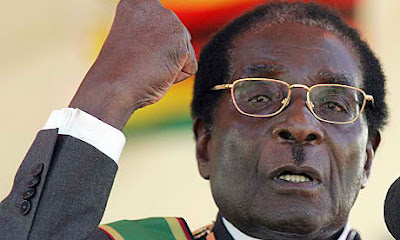If I recall from some production books French production was only 30% of its prewar capacity at best, with German demands for raw materials and money though eating into French infrastructure along with the forced labour moved to Germany it was worse in many cases.
In “Wages of Destruction”, on nazigerman economy, it is stated that Hitler ordered the maximum extraction of resources from former French territory, rather than trying to reap whatever benefits a rebuilt french economy might have given. French economy and production suffered accordingly.
I haven’t read a great deal about life in Sweden during and immediately following WW2. Were the Swedes patting themselves on the back as the biggest war in history boiled around them? Could anyone blame them for feeling relieved that the fickle finger of fate didn’t point at them? Did they feel any guilt for not taking sides? What sort of continency plans did they have? These are just some of the questions that come to mind.
Plans: placate the Germans (trade), strengthen defenses, even to the point of building underground aircraft factory (whether any were complete during wwII I dont remember).
I read an article about the lack of any public reappraisal of Swedish policy and certain public figures political inclinations in the war years, sometime in the 1990s.


